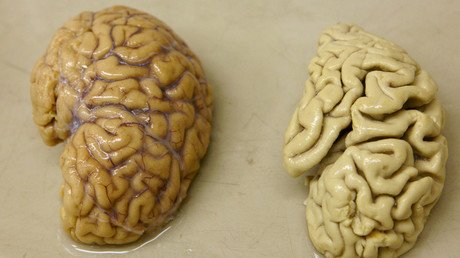Have scientists actually found way to turn off ageing?

Scientists have discovered a key cellular protein that controls the ageing process – a breakthrough that could lead to advances that slow down or even stop the ageing process.
Researchers believe that the discovery of a protein called carbonic anhydrase could be the first step in developing medicines that slow the progression of neurodegenerative conditions such as Alzheimer’s and Parkinson’s disease.
University of Nottingham scientists found larger amounts of the protein in the brain and muscle cells of older mice than in younger mice. However, young mice with prior mental degeneration also had higher amounts of the protein within their cells’ mitochondria, known as the powerhouse responsible for converting oxygen into energy.
To determine if the protein was detrimental, rather than a byproduct of the body’s efforts to protect itself against degeneration, researchers tested its effects on one millimeter long nematode worms.
Feeding the worms carbonic acid was found to reduce their lifespan.
Lead researcher Lisa Chakrabarti of the University’s School of Veterinary Medicine and Science said, “What’s really exciting about this development is that we have been able to surmise that the function of this protein is playing a role in the ageing process within the cell.”
“This gives us a very promising start in working out how we can best target this protein within the mitochondria to slow the effects of ageing in the body while limiting other unwanted side effects on the body.
“It could potentially offer a significant new avenue in both tackling degenerative illnesses and the general effects of ageing on the body,” she explained.
The study, which is the result of a three year project, was published in the academic journal, Ageing.
Researchers are now trying to identify chemical compounds known as inhibitors that might successfully reduce the levels of carbonic anhydrase.















